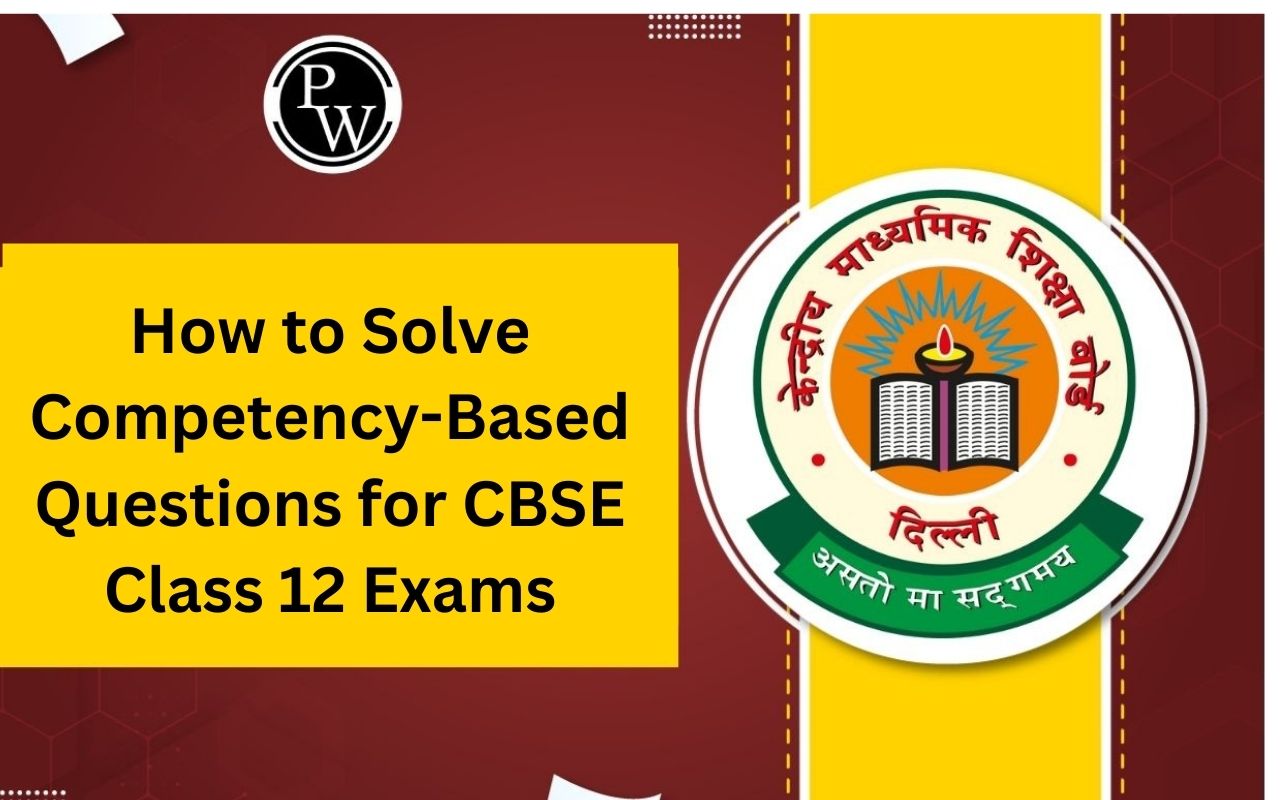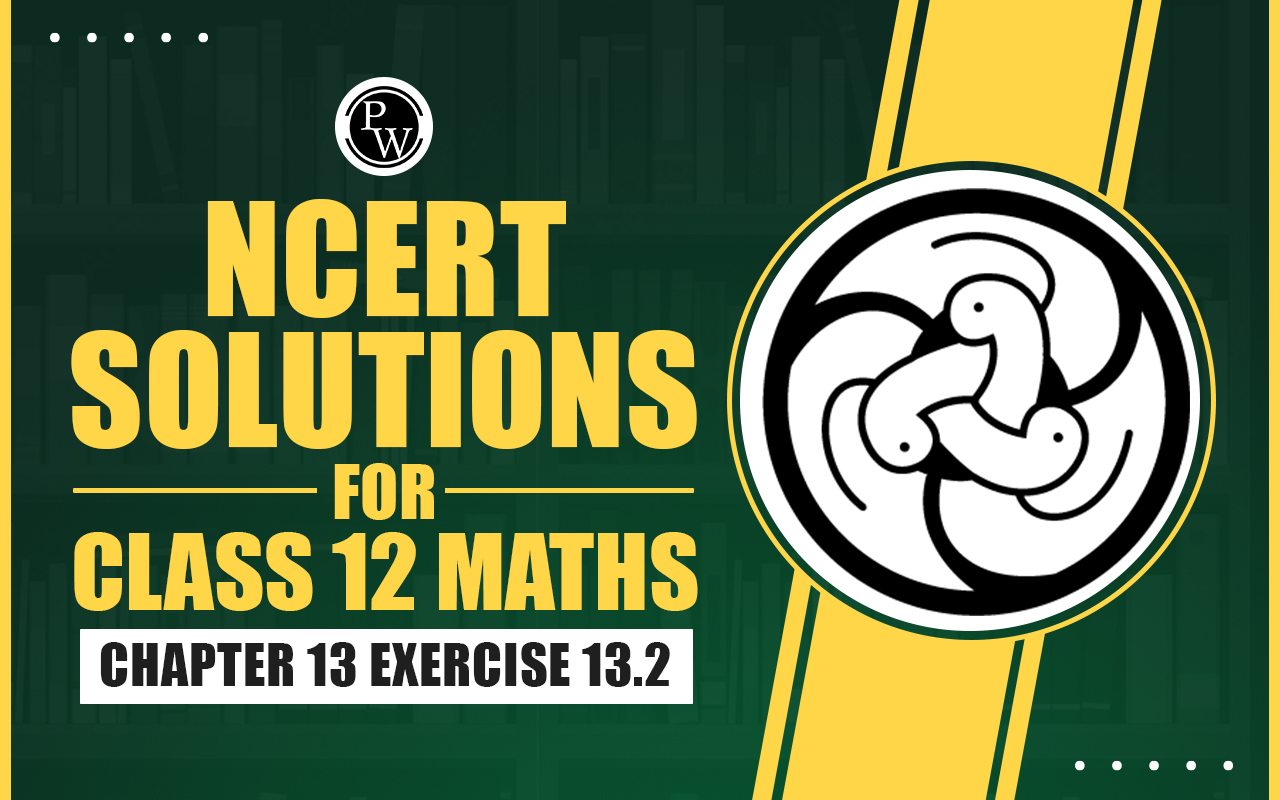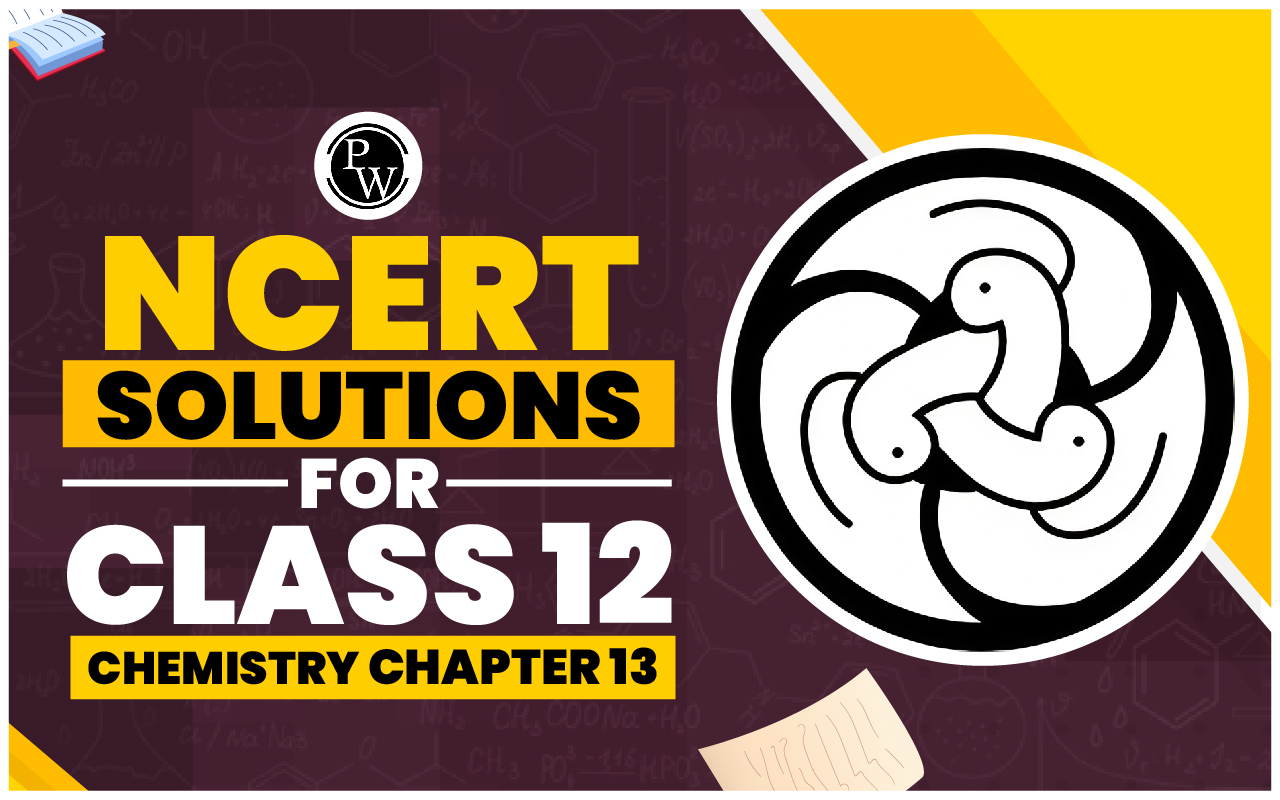

Strategy To Get 100 % Marks In Class 12th Board English: Achieving a perfect score in Class 12 English can seem challenging, but with the right approach, preparation, and consistent effort, it is certainly attainable. English, though often considered an easier subject, holds significant weight in the board exams, and mastering it requires understanding the syllabus, practicing writing skills, and deepening your knowledge of literature. Below is a detailed strategy to help you secure 100% marks in your Class 12 English board exam.
Strategy To Get 100 % Marks In Class 12th Board English
Achieving 100% marks in the Class 12th English Board exam requires a well-structured approach and consistent effort. Here are some effective strategies to ensure top marks:
1. Understand the Syllabus Thoroughly
The first step to scoring well in English is to have a thorough understanding of the syllabus. The syllabus for Class 12 English includes:
-
Reading Comprehension: It consists of unseen passages and case-based passages.
-
Creative Writing Skills: This includes tasks such as letter writing, article writing, report writing, etc.
-
Literature: The literature section is divided into prose and poetry sections, each requiring you to understand themes, characters, and important concepts.
-
Listening and Speaking Skills: This component involves practical assessment, which can improve your communication and comprehension abilities.
2. Create a Study Plan
Time management is critical in ensuring that you cover all topics systematically. Divide your study sessions into daily or weekly slots, and stick to your schedule. Set specific goals for each study session, such as reading a chapter, writing an essay, or practicing comprehension.
Daily Plan Example:
-
Morning: Practice writing skills (letters, notices, articles).
-
Afternoon: Focus on literature (reading and understanding stories and poems).
-
Evening: Revise grammar rules and solve reading comprehension exercises.
The key is to balance your time between theory and practice. Don’t cram everything in one go; consistent study yields better results.
3. Master Reading Comprehension
Reading Comprehension is an important part of the exam and accounts for a significant portion of the total marks. It tests your ability to understand, analyze, and interpret texts.
-
Practice Regularly: Make reading comprehension a part of your daily practice. Read a variety of passages – factual, descriptive, and literary.
-
Focus on Vocabulary: Work on expanding your vocabulary. A strong vocabulary will not only help you understand passages better but will also assist you in answering the questions more accurately.
-
Learn to Skim and Scan: Skimming involves quickly reading through the passage to get the gist, while scanning involves looking for specific details. Master these techniques to answer questions more efficiently.
4. Polish Your Creative Writing Skills
In the writing section, you will be tasked with various creative writing assignments such as:
-
Short Writing Tasks: Notices, Invitations, and Replies.
-
Long Writing Tasks: Letters (formal and informal), Articles, Reports.
Strategy for Creative Writing:
-
Follow the Word Limit: Ensure that you stick to the prescribed word limit. Writing more than necessary can lead to irrelevant information.
-
Use Proper Format: Whether it’s a letter, an article, or a report, always use the correct format. For instance, the format of a formal letter differs from an informal one, and so on.
-
Work on Clarity and Precision: Be clear and concise. Avoid flowery language, and make sure your writing is to the point and logical.
-
Practice Writing: Regularly write practice essays, reports, or letters. Review them for grammatical mistakes and structure.
5. Focus on Literature
The literature section is arguably the most important and weighty part of the exam. This section requires both understanding and memorization. Here are the key aspects to focus on:
-
Read the Texts Thoroughly: Read all the prescribed chapters from your books Flamingo and Vistas (for Core English) or Kaleidoscope (for Elective English). Don’t just rely on summaries; understanding the actual text is crucial.
-
Understand Themes, Characters, and Moral Lessons: Pay attention to the key themes and messages in the literature. Be sure to understand the characters, their roles, and their importance in the story.
-
Practice Writing Answers: Regularly practice answering both short and long-answer questions. Focus on answering questions about character sketches, themes, and events.
-
Revise Key Quotes and Poem Excerpts: In poetry, key lines, figures of speech, and meanings of difficult words can be questioned. Memorize important excerpts and be prepared to explain them.
6. Revise Grammar
Grammar is a critical component of the Class 12 English exam. Pay close attention to the following areas:
-
Sentence Transformation: Practice sentence transformation exercises, as they are frequently asked.
-
Tenses, Voice, and Narration: Ensure you have a solid understanding of various grammatical concepts such as tenses, direct-indirect speech, active-passive voice, etc.
-
Error Detection: Practice exercises where you need to spot errors in sentences and correct them.
7. Improve Listening and Speaking Skills
Although this section is assessed practically, its importance cannot be understated. A good grasp of listening and speaking will give you an edge in the exam:
-
Listen Actively: Watch English news, debates, or talks to improve your listening skills. Pay attention to the way speakers articulate ideas and use language.
-
Practice Speaking: Regularly practice speaking in English. If possible, participate in group discussions or debates. Focus on your pronunciation, fluency, and coherence.
8. Take Mock Tests
Mock tests and sample papers are essential for understanding the exam pattern and timing yourself. Simulate the exam environment at home and attempt papers in the time allotted for the actual exam. This will help you build exam confidence and highlight areas that require more practice.
9. Stay Consistent and Review
Consistency is key when preparing for any board exam. Revise your notes regularly, and revisit challenging sections. Keep updating your study materials as you learn new things. Make sure to revise at least a week before the exam to ensure you retain all the information you’ve learned.
10. Stay Calm and Confident During the Exam
Finally, your mental state on the exam day is just as important as your preparation. Practice relaxation techniques such as deep breathing to calm your nerves. Confidence in your preparation will reflect in your performance.
Strategy To Get 100 % Marks In Class 12th Board English FAQs
How can I improve reading comprehension skills?
What is the best approach for creative writing?
How can I improve grammar skills?
How to prepare for the speaking and listening skills assessment?













